Senior dog’s needs
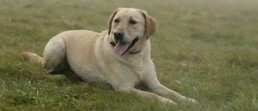
The aging process, like any other physiological process, has a multifactorial origin and is linked to a progressive reduction in the function of different organs and systems. Nutrition can play a leading role in improving the quality of life and reduce the risk of certain diseases which may occur with the aging process. The older the dog becomes the lower immune response he has, which turn out in a greater proneness to infections. It also reduces the cell turnover with a consequent increase in fat mass in comparison with the lean muscle mass.
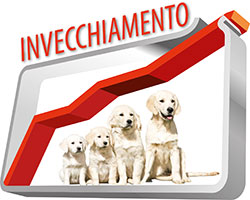
The aging process
Dogs have a life expectancy of about 20 years and during their aging period they have more difficulties to adapt to dietary changes compared to puppies or adult dogs. The structural changes of the digestive tract are not very marked during the aging process, even if there are changes at the cellular level of salivary glands, of small intestine, liver and pancreas. These alterations convey in changes of the normal organ function and therefore of the metabolism as proven, for instance, by the increased incidence of diabetes mellitus.
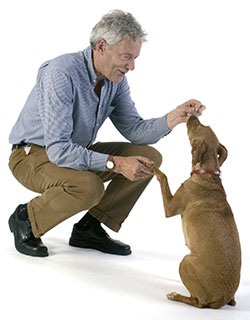
The role of nutrition for an elderly dog
Nutrition recommendations must necessarily consider the changes in senior dog’s digestion, metabolism and excretion, minimizing all the stressors for the animal.
Since senior dogs tend to reduce the spontaneous consumption of food, this should be extremely appetible in order to allow the dog the proper intake of all the needed nutrients.
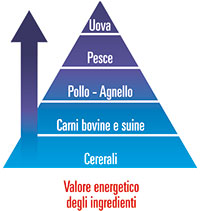
The energy requirements
In older dogs you can notice a decline in daily energy requirements, a phenomenon probably related to the reduction in physical activity and calorie consumption induced by the metabolic activity of the organism, as evidenced by the changes in body composition.
Therefore, the energy intake should be reduced by at least 20% compared to the adult dog, to prevent the risk of accumulating excessive body fat and thus reduce accordingly the risk of obesity linked diseases.
The digestibility of fat is generally not reduced in dogs, provided that a sufficient amount of essential fatty acids – such as linoleic acid – is increased.
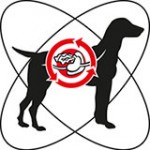
Protein needs
Protein needs are increased in senior dogs compared to adult dogs. However, you should not simply increase the protein content of the food, but particular attention should be paid to the protein digestibility. In order to reduce the use of undigested protein substrate by intestinal bacteria, the protein used should be of high biological value and should be effectively and completely digested in the intestine before it reaches the blind, where it can not be assimilated any more.
Minerals and vitamins
Although the specific requirements of vitamins and minerals have not been clearly defined yet for senior dogs, we can say that an adequate supply of zinc is preferable. Zinc indeed is an essential micro-nutrient for the maintenance of an effective immune response.
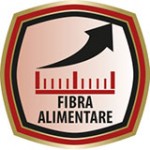
Dietary fiber
Finally, the intake of dietary fiber has to be considered important, because it is associated with numerous benefits. In the first place it reduces the energy concentration of the food and thus allows to control body weight to maintain the dog’s ideal body shape. Secondly, it prevents the risk of constipation, considering that older dogs are subject to intestinal transit slowdown. However it is important that the supply of fibre is not excessive in order not to reduce the digestibility of the food and not to cause structural damage to the health of the large intestine.
Share
Related posts
Holiday with 4-leggend friends
What measures should you take to plan a top holiday with your…
Can we pass the stress on to our dog?
According to a study conducted by Linköping University in…

